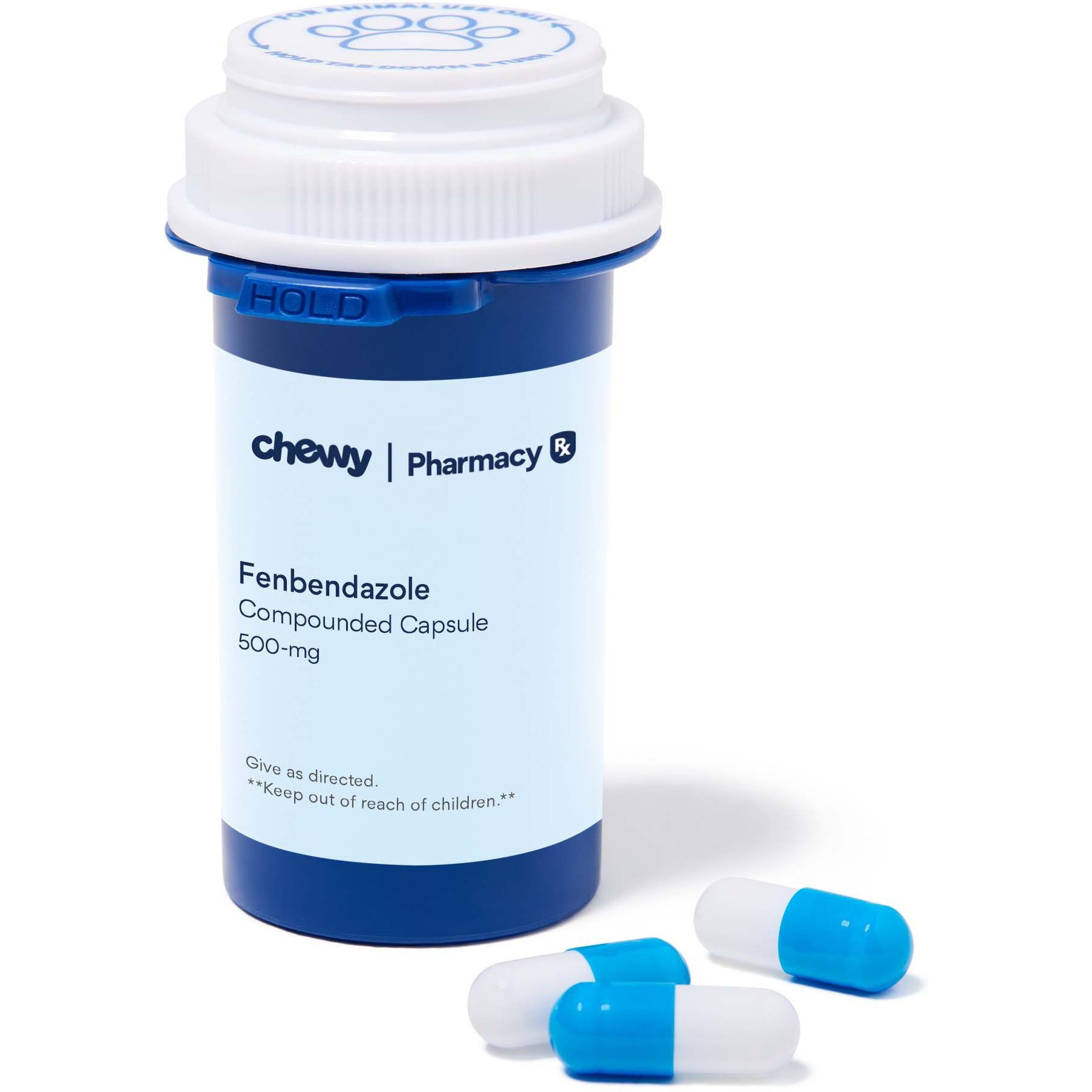fenbendazole capsules: Key Considerations Before and After Treatment
Recognizing the Advantages and Uses of Fenbendazole in Vet Medicine
Fenbendazole has developed itself as a key anthelmintic in veterinary medicine. Its ability to target various parasitic infections makes it a beneficial tool for vets. The medicine's device disrupts necessary mobile processes in bloodsuckers, resulting in efficient treatment results. Its safety and security account differs in between species, demanding mindful factor to consider in its usage (fenbendazole). Understanding these characteristics can drop light on fenbendazole's broader ramifications in veterinary treatment and ongoing research into its possible beyond conventional applications
System of Action of Fenbendazole

Typical Parasitical Infections Treated With Fenbendazole
A variety of parasitical infections are efficiently treated with fenbendazole, making it a flexible choice in vet medication. This anthelmintic agent is particularly reliable versus nematodes, including roundworms and hookworms, which generally influence canines and pet cats. It is likewise made use of for the therapy of cestodes, such as tapeworms, providing a broad range of activity versus both types of intestinal bloodsuckers. In addition, fenbendazole is advantageous in managing infections brought on by protozoa, specifically Giardia, which can lead to gastrointestinal distress in pets. Its efficacy includes dealing with specific lungworms in pooches and felines, resolving respiratory wellness worries connected to these parasites. Overall, fenbendazole's ability to target numerous parasitical types makes it a beneficial tool in veterinary method, making certain the wellness and wellness of pet dogs affected by these common infections.
Safety and Efficiency in Different Animal Species
The security and efficiency of fenbendazole differ among different pet types, highlighting the value of species-specific factors to consider in veterinary medicine. In pooches, fenbendazole is generally well-tolerated and reliable versus an array of intestinal bloodsuckers, consisting of roundworms and hookworms. For felines, nonetheless, its use is less typical and might need mindful application due to potential damaging reactions.
In livestock, such as livestock and sheep, fenbendazole shows effectiveness versus numerous endoparasites, adding to boosted health and wellness and productivity. Nonetheless, the pharmacokinetics and potential adverse effects can vary considerably between types, necessitating mindful analysis by vets.
Equines additionally react positively to fenbendazole, particularly for dealing with strongyles and ascarids, though dose and management routes need to be customized to their unique physiology. Consequently, comprehending these differences is vital for optimizing treatment results and guaranteeing pet welfare across diverse varieties.
Administration and Dose Guidelines
Correct management and dosage standards are essential for making the most of the restorative impacts of fenbendazole while minimizing prospective side impacts. The dosage normally varies relying on the species being treated, great site the certain problem, and the formula of fenbendazole made use of. fenbendazole. For pets and felines, an usual dose is 50 mg/kg body weight, provided daily for three successive days, but vets may readjust this based upon individual wellness assessments
It is essential to provide fenbendazole with food to improve absorption and lessen stomach upset. The drug is readily available in different kinds, consisting of granules and paste, enabling flexible management choices. Keeping an eye on the animal's response throughout and after therapy is recommended to validate efficacy and security. In addition, veterinary advice is vital to determine the suitable duration of treatment based on the type of parasitical infection being resolved, assuring suitable outcomes for the pet's wellness.
Future Viewpoints and Research Study on Fenbendazole
Research study on fenbendazole continues to evolve, concentrating on its potential applications beyond standard antiparasitic usages. Recent research studies have explored its efficiency in treating different forms of cancer, especially in veterinary oncology. Preliminary data recommend that fenbendazole may prevent the growth of tumor cells and enhance the impacts of other chemotherapeutic agents.
Moreover, researchers are investigating its duty in handling food poisonings in animals, highlighting its anti-inflammatory properties. The flexibility of fenbendazole for various types questions regarding its safety and security accounts and ideal application regimens in diverse populations.
As rate of interest grows, there is a need for complete clinical site tests to develop evidence-based guidelines for these unique applications. Future study may also investigate the systems behind fenbendazole's effects, possibly leading the way for cutting-edge therapeutic techniques in vet medication. The recurring exploration of fenbendazole can significantly boost therapy alternatives for numerous veterinary conditions.

Frequently Asked Concerns
Is Fenbendazole Safe for Pregnant Animals?
The security of fenbendazole for expectant pets stays unpredictable. While some research studies recommend very little danger, vets generally suggest caution and frequently encourage against its use throughout pregnancy unless the advantages clearly surpass potential dangers.
Can Fenbendazole Be Utilized in Livestock?
Fenbendazole is typically used in livestock to deal with numerous parasitical infections. fenbendazole 444. Its efficacy versus gastrointestinal worms makes it a beneficial anthelmintic, adding to enhanced health and wellness and efficiency in animals increased for food and fiber
What Are the Negative Effects of Fenbendazole?

The adverse effects of Get More Information fenbendazole may consist of stomach disruptions, lethargy, and allergies. In uncommon situations, a lot more severe reactions could happen, demanding careful monitoring and examination with a veterinarian during treatment.
Just How Does Fenbendazole Compare to Various Other Dewormers?
Fenbendazole provides broad-spectrum efficiency versus numerous bloodsuckers, frequently comparing positively to other dewormers. Its distinct device targets different life phases, making it efficient, while typically offering a favorable safety account compared to choices readily available on the marketplace.
Can Fenbendazole Be Used for Dealing With Cancer Cells in Pets?
The potential of fenbendazole in treating cancer cells in pets has actually garnered passion. Initial research studies recommend it might hinder cancer cells cell development, but further research study is essential to verify its efficacy and safety in veterinary oncology.